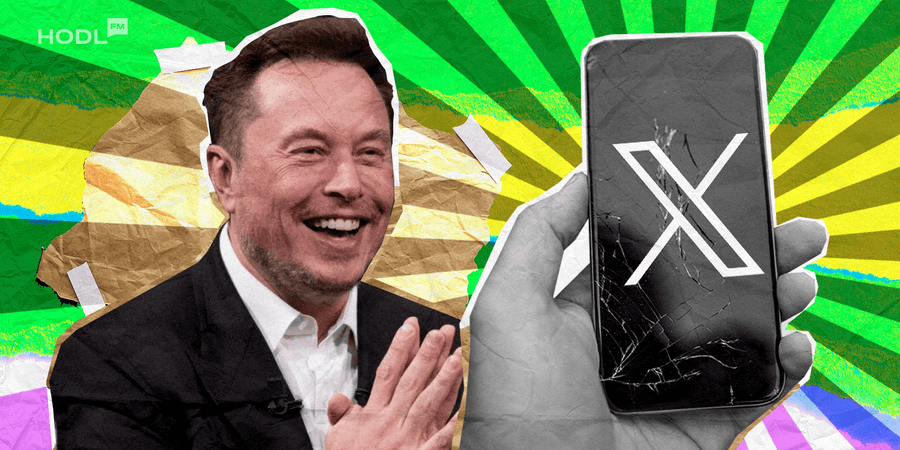Android made the shocking announcement on August 25 that app developers must now authenticate themselves with Google before their apps can be used on "certified Android devices." This isn’t just for apps on the Google Play Store, nope, this new rule also applies to apps that are sideloaded (installed directly onto devices bypassing Google’s store). So, if you’ve been downloading apps from Github or project sites, prepare for a reality check.
In short, Google is making it clear: if they don’t like your app, whether it’s because it doesn’t fit their policies, politics, or profits, they can block it from running on your device. Your device? Really? Are we still calling it that when Google is pulling the strings behind the scenes?
This move has caused quite a stir in tech and cybersecurity circles, and understandably so. Android has long been promoted as an open-source system, winning over users, particularly in developing countries where Apple's pricey devices were out of reach. But now, Google’s tightening the reins, and it's starting to look like Android is becoming more of a "walled garden", just with a few extra steps.

Google Justifies the Policy with "Cybersecurity" Concerns
Android’s defense? They claim this is all about user security. Malicious apps sideloaded onto devices have supposedly led to “over 50 times more malware.” Their answer? Collecting personal information from developers. Because that’s how you fight malware, right? By gathering more user data, even from developers? Yeah, that makes total sense (sarcasm intended).
Here’s the kicker: Google is collecting all this data in the name of “protecting” users from hackers, yet it’s the same Google that’s been struggling to keep personal data secure in the first place. If they could actually secure data, wouldn’t that fix the problem? Instead, their solution is to centralize more data in their servers. Great idea!
The Irony of Google's "Security" Measures
We all know that the more data you store, the more it’s at risk. Every time personal data, like your name, face, or social security number, passes through the internet, it becomes a target for hackers. Just look at the Equifax breach in 2017, which affected 147 million Americans, or the National Public Data Breach in 2024, which exposed over 200 million Americans. These leaks are commonplace, and there’s no way to undo the damage. Once your information is out there, it’s out there. Forever.
Yet Google’s response is simple: collect more data. They seem to have missed the memo on privacy. With AI advancing so rapidly, we’re now dealing with the possibility of fake identities being created from leaked data. It’s a perfect storm for identity theft.
Digital Identity and Cryptography
Let’s face it: the issue of secure digital identity is a tough nut to crack. The systems we rely on were designed long before the internet exploded. But we do have a solution, cryptography. It’s the only real way to protect user data without relying on centralized entities like Google.
In the '90s, cypherpunks invented technologies like PGP and webs of trust to solve these very problems. PGP (Pretty Good Privacy) uses asymmetric cryptography to keep your private data safe while ensuring secure communication. It’s a secure password that never leaves your device, and it’s been the backbone of data protection for decades.
Webs of trust are another cool idea from the cypherpunk era. In this system, individuals vouch for each other's digital identity, creating a decentralized verification system. Sure, it sounds like a pain to set up, but it works, and it’s much harder to hack than Google's centralized database.
Modern Solutions That Don't Require Handing Over Your Data
Some projects are already stepping up to solve these issues. Zapstore.dev, for instance, is building an app store that’s secured by cryptographic webs of trust, all while keeping your data private. Graphene, a security-focused Android OS, has also created an alternative app store that respects privacy and doesn’t require developers to dox themselves to Google.
These solutions prove that we don’t need to give up our privacy to protect ourselves in the digital age. Cryptography offers a better way forward, one where we don’t have to hand over our personal info to Google, Facebook, or any other corporation in exchange for "security."
There’s a Better Way, But Will We Choose It?
Google’s new policy might be here to stay, but it’s clear that there are alternatives that don’t compromise our privacy. The real question is: will enough people stand up and demand better solutions, or will we continue down this path of centralized control? Only time will tell, but the good news is that there’s a better way. We just have to see it and choose it.

Disclaimer: All materials on this site are for informational purposes only. None of the material should be interpreted as investment advice. Please note that despite the nature of much of the material created and hosted on this website, HODL FM is not a financial reference resource, and the opinions of authors and other contributors are their own and should not be taken as financial advice. If you require advice. HODL FM strongly recommends contacting a qualified industry professional.





